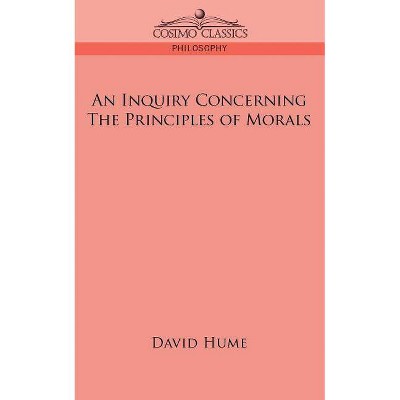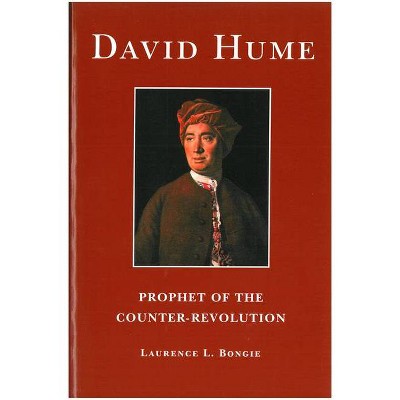The History of England - by David Hume (Paperback)

Similar Products
Products of same category from the store
AllProduct info
<p/><br></br><p><b> Book Synopsis </b></p></br></br><p>David Hume's enduring reputation as the first modern thinker to develop a systematically naturalistic philosophy tends to obscure the fact that he was more famous among his contemporaries as a historian. Covering almost 1,800 years, <strong><em>The History of England from the Invasion of Julius Caesar to the Revolution in 1688</em></strong> was the work that established Hume's reputation in his own time.</p> <p>Hume saw English history as a process of the evolution from a government of will to a government of law. He believed that political, social, and economic liberty was neither inevitable nor necessary, but contingent and dependent for its preservation on an understanding of the conditions that gave rise to it and the institutional arrangements that sustain it. This argument, which runs through all six volumes, expressed in Hume's masterful prose, continues to make the <em>History</em> a valuable study for the modern reader.</p> <p>This Liberty Fund edition is based on the edition of 1778, the last to contain corrections by Hume. The typography has been modernized for ease of reading. Hume's own index to the entire work may be found at the conclusion of <em>Volume VI</em>.</p><p/><br></br><p><b> Review Quotes </b></p></br></br><br><i>Hume's <b>History</b> deserves to be ranked with such works as Thucydides' History of the Peloponnesian War and Gibbon's Decline and Fall of the Roman Empire. . . . The theme of liberty, above all others, gives continuity to Hume's detailed examination of English constitutional development from the Anglo-Saxon period to the Revolution of 1688.</i><p><b>-- Eugene F. Miller, The Political Science Reviewer</b></p><br>
Price History
Price Archive shows prices from various stores, lets you see history and find the cheapest. There is no actual sale on the website. For all support, inquiry and suggestion messages communication@pricearchive.us




















